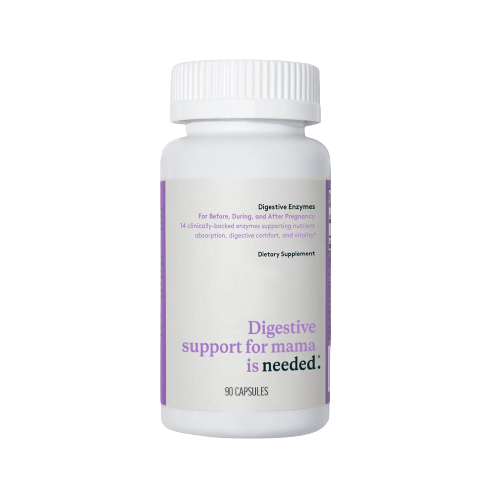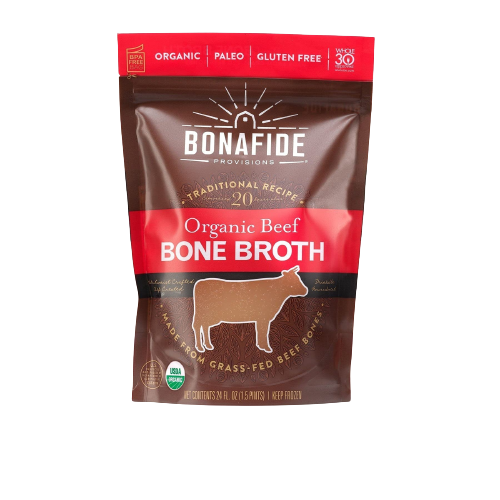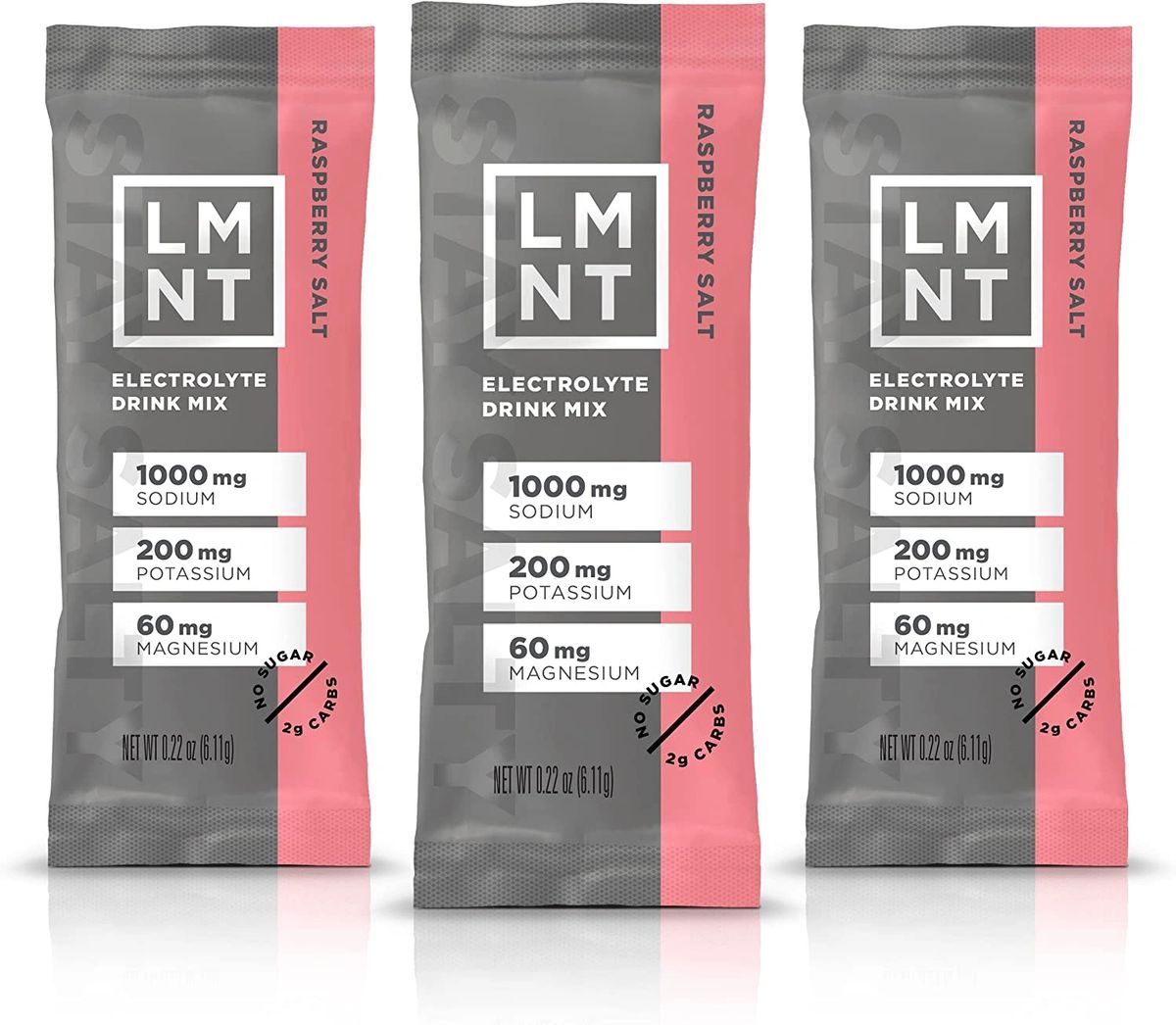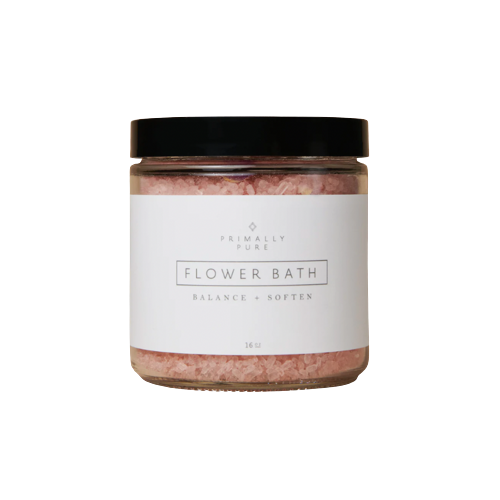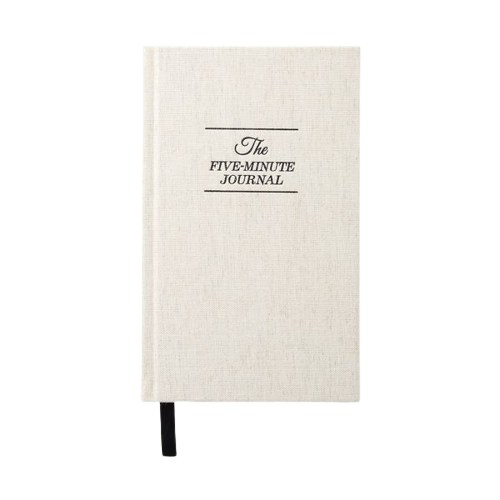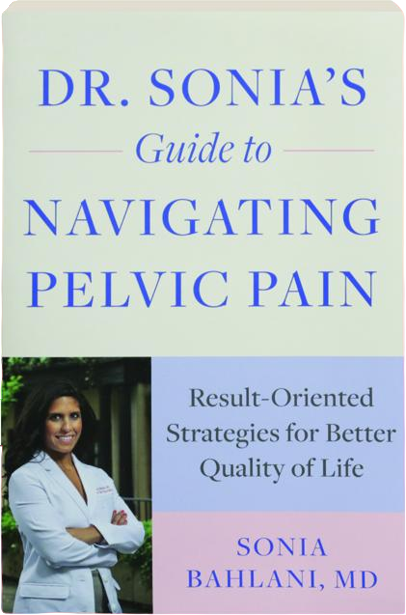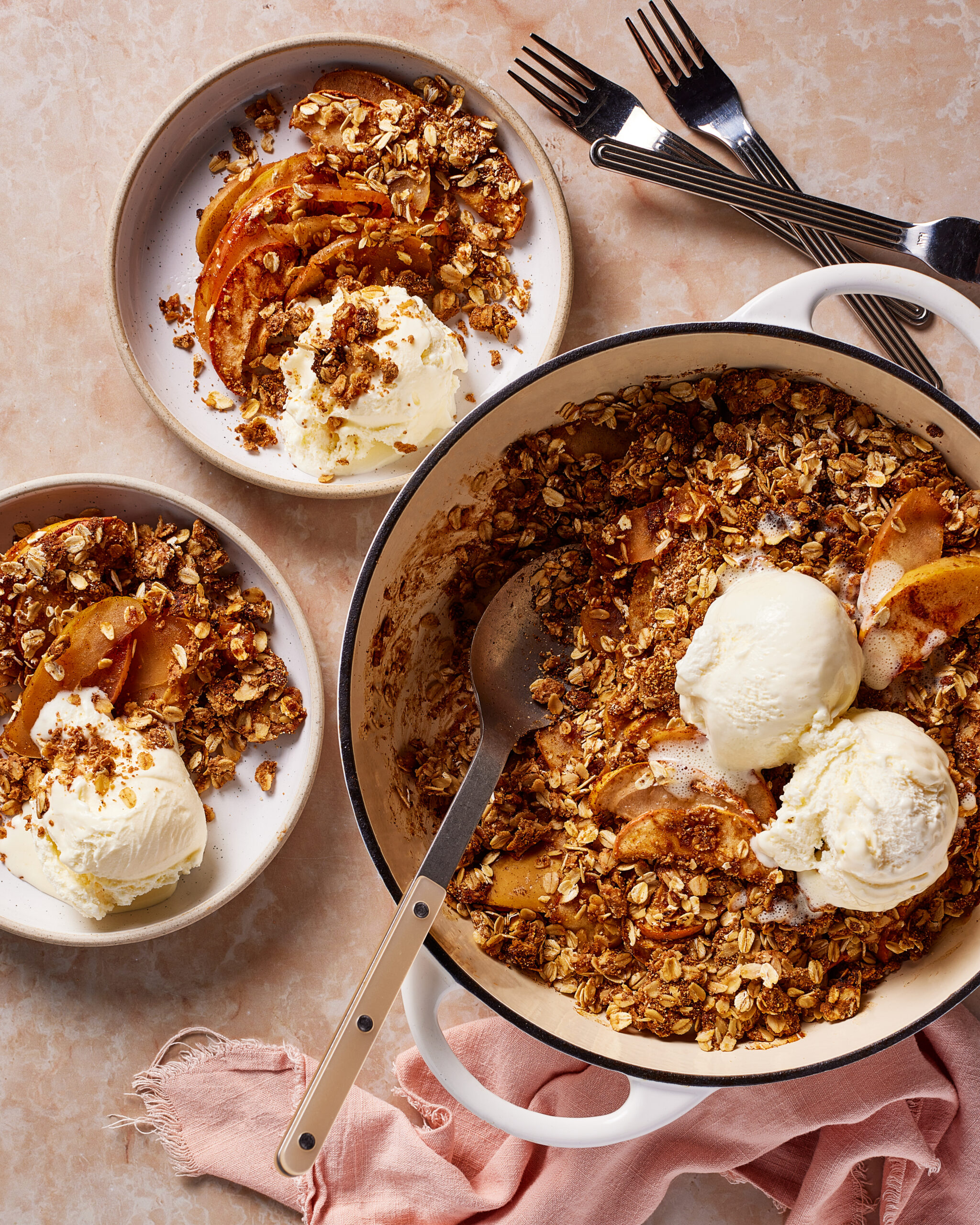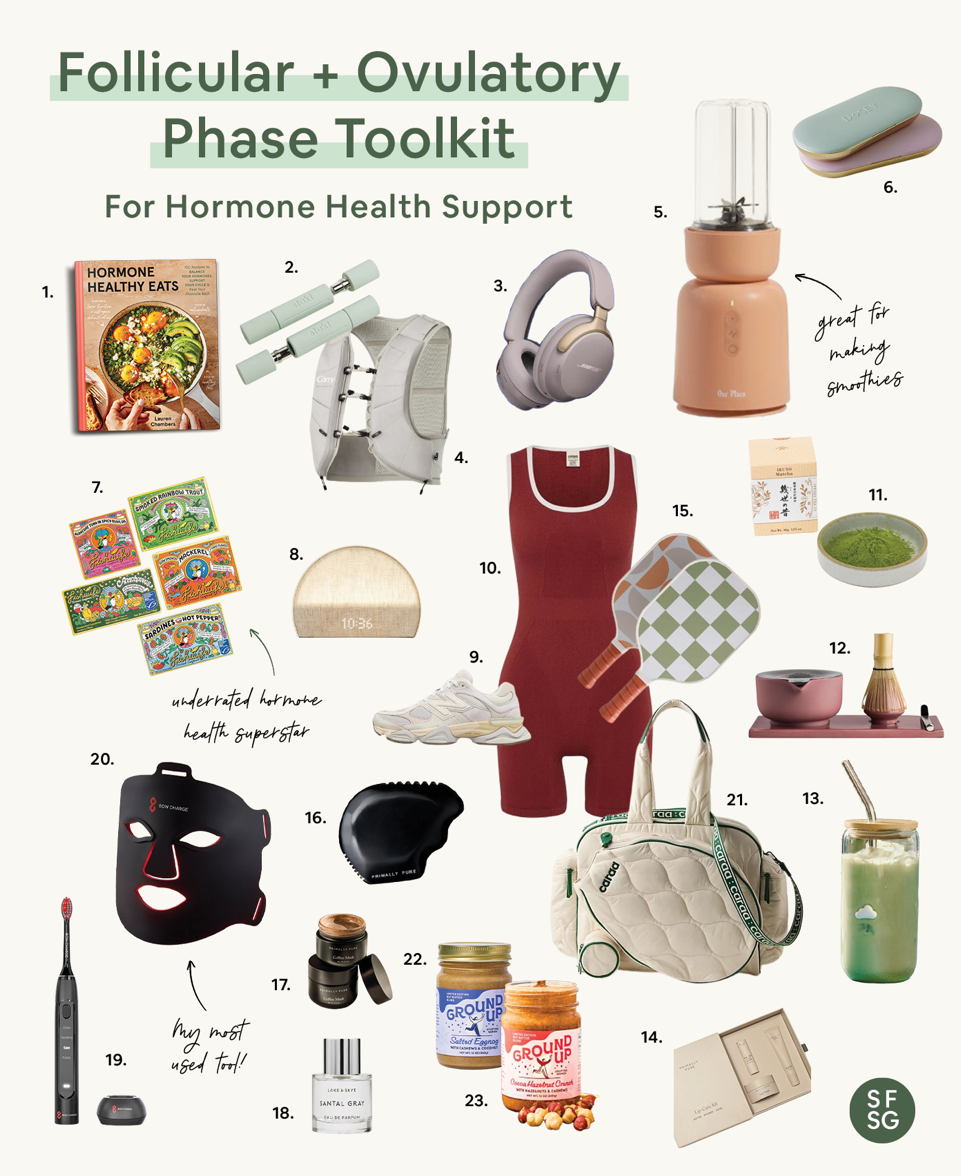recipes
lifestyle
wellness
motherhood
mindset
About
E-Books
Blog
Freebies
partnerships
hi, i'm lauren!
hey there!
I’m on a hot mission to help you balance your hormones & live your best life.
categories
Home
Quiz
Get In Touch
The Course
search:
Cookbook
Recipe key
GF
VG
P
Vegan
Gluten Free
Paleo
DF
Dairy-Free
download now
Join Hormone Healthy Eats!
Become a SFNSG insider to get my monthly Substack, Hormone Healthy Eats! Packed with the latest hormone-healthy recipes
+ tips.
jump to recipe >
As I sit here writing this post, I’m six weeks postpartum with my third baby girl (Frances aka “Frankie”) and despite the bags under my eyes and pure exhaustion (a casualty of late night feedings) I can honestly say I feel pretty good overall.
While everyone’s pregnancy, birth and postpartum experience is completely unique to them (mine have been very different with all three of my girls!) I’ve taken my postpartum recovery seriously, focusing on key principles and products to help balance my hormones and foster my healing during this time.
While these habits may seem simple, they’ve been instrumental in my recovery, helping my hormones adapt during an otherwise extremely tumultuous time and ultimately leading to a properly functioning metabolism, stable energy and mood, optimized gut health and digestion and above all feeling like myself again.
You can read all of the details of my latest postpartum hormone balance must haves and habits below.
CURIOUS IF YOU HAVE POSTPARTUM ANXIETY OR A POSTPARTUM HORMONE IMBALANCE? TAKE THIS QUIZ TO INVESTIGATE.
WHY FOCUSING ON POSTPARTUM HORMONE BALANCE IS IMPORTANT
COMMON POSTPARTUM HORMONE IMBALANCE #1 — LOW PROGESTERONE
The most common hormonal shift women experience is high estrogen in relation to low progesterone. During your pregnancy, progesterone levels rise significantly to prepare your endometrium to feed your growing fetus. Your estrogen levels also rise, and are highest right before labor. As long as there is a proper balance between estrogen and progesterone, things remain in equilibrium and “balanced.”
Immediately after you give birth to your placenta, your progesterone levels plummet back to what they were pre-pregnancy as your estrogen levels remain high. Progesterone is known for its calming, mood-elevating effects, so such an immediate and dramatic drop in this hormone can cause mood shifts that range from the baby blues to full-on postpartum depression.
COMMON POSTPARTUM HORMONE IMBALANCE #2 — ESTROGEN DOMINANCE
Your hormones will typically stabilize within the first couple of weeks, but if estrogen levels continue to stay high in relation to progesterone (which is now very common due to our exposure to estrogen-disrupting xenoestrogens like BPA and phthalates, as well as alcohol, birth control and other outside sources that tax our liver) you’ll continue to experience estrogen dominance symptoms, such as mood swings, insomnia, irritability, depression, brain fog, fatigue, head aches, water retention and bloating.
COMMON POSTPARTUM HORMONE IMBALANCE #3 — HYPOTHYROIDISM
BOTTOMLINE
Many of the postpartum symptoms women commonly experience are due to an imbalance of estrogen in relation to progesterone (i.e. estrogen dominance), adrenal fatigue and under active thyroid. Make sure to see your licensed medical practitioner if you experience any of the symptoms mentioned above and read below for tips and products to help you naturally balance your hormones postpartum.
MY POSTPARTUM HORMONE BALANCE MUST-HAVES
1. DESICCATED LIVER SUPPLEMENT
If you read Frankie’s birth story, then you know I lost over 20% of my blood volume due to postpartum hemorrhaging, resulting in postpartum anemia (aka iron deficiency). Whether or not you experienced major blood loss during birth, iron is necessary to heal tissues that have been stretched, torn or cut, along with amino acids like glycine and proline, found in organ meats like liver and the connective tissues of animal protein (especially grass-fed meats).
Because I’m not really keen on cooking or eating organ meats, taking a desiccated liver supplement has been an easy way for me to consume the most absorbable, digestible (not to mention non-constipating) form of heme iron, along with other important healing nutrients like vitamin b12, riboflavin, iron and copper, which naturally support brain function and energy levels. This is my go-to brand and you can use the code SOFRESH10 to save 10% off your order.
2. A HIGH QUALITY PRENATAL VITAMIN
Nutrient needs are even higher post-birth than pregnancy to help your body replete vitamins and minerals lost during pregnancy/birth, foster physical healing and meet lactation energy requirements, so it’s a smart idea to continue taking your prenatal multivitamin postpartum.
I’ve tried a different prenatal each pregnancy, but this time around I am using Needed’s Prenatal Multi-Powder, which contains the optimal dosages of all vitamins and minerals needed during and after pregnancy in a bioavailable form (so that it’s easily absorbed by the body). I just mix the powder into my morning smoothie, latte or oatmeal and don’t have to worry about taking a ton of pills throughout the day.
I’ve also been taking Needed’s collagen protein powder daily as an easy way to boost my protein intake (15g per scoop) as well as their Sleep + Relaxation Support ,a safe, effective and delicious (like a slightly sweet and milky chamomile tea) powder you can take during and after pregnancy to promote optimal sleep quality. *Use my code SOFRESH to save 20% off any of Needed’s products.
3. BONE BROTH
I’m a huge fan of bone broth, which is rich in nutrients like collagen that work to heal and rebuild tissue of the uterus, abdominal muscles and pelvic floor, along with amino acids that boost gut health (especially important if you’ve had a C-section). I use it to cook all of my soups, stews and grains (such as rice or quinoa) or just drink it warm in a mug (like tea). Just make sure to choose a brand that sources from grass-fed and pasture-raised animal marrow and doesn’t contain any added fillers (like MSG).
4. HERBAL TEA WITH NETTLE, RED RASPBERRY LEAF + OAT STRAW
Herbs like nettle, red raspberry leaf and oat straw are packed with antioxidants that work to support tissue recovery, boost energy, stimulate milk production and supply, tone uterine and pelvic muscles, curb bleeding and promote a healthy immune system. You can buy herbs separately in bulk and mix together, or buy a pre-made blend for ease of use such as this one I’ve been taking.
5. WATER + LMNT ELECTROLYTE PACKETS
Proper hydration is crucial for postpartum hormone balance and works to mitigate symptoms like headaches, fatigue, brain fog and constipation. It’s also necessary for lactation, as breast milk is made up mostly of water. That being said, most of our water supply lacks trace minerals and electrolytes we need to keep us truly hydrated, so it’s important to add them back in, which I do daily via LMNT’S Electrolyte Drink Packets. I love the raspberry and watermelon salt flavors, which contain an optimal ratio of sodium, potassium and magnesium to increase hydration and ZERO added sugar.
6. MASSAGE + LYMPHATIC DETOX
7. PLACENTA CAPSULES
While placenta encapsulation contains far more anecdotal vs. scientific data touting it’s benefits, the American Pregnancy Association has presented data that taking your placenta capsules can assist with mood stabilization by increasing production of oxytocin and decreasing stress hormones like cortisol. It’s also been linked to an increase in iron restoration and milk supply.
I’ve personally had my placenta encapsulated after all three births, as I’ve been willing to try anything natural that could potentially improve postpartum hormone balance and healing without any purported negative side effects. Has it helped? I’m not certain it has, but also not certain it hasn’t :).
8. WARM, NUTRIENT-DENSE, PROTEIN-RICH MEALS (30G +)
Probably not a surprise, but this has been my #1 priority for postpartum healing and it’s made such a HUGE difference in my recovery, from keeping my milk supply robust (lol) to preventing constipation and replenishing my blood supply (I lost 20% of it due to postpartum hemorrhaging). I have an entire blog post filled with delicious postpartum recipes and meal ideas (which I’ve been making on repeat!), but in summary think lots of animal protein (SO important to help heal tissues), warm, well cooked foods (easier to digest and extract nutrients from) and plenty of healthy fats and fiber in the form of soups, stews, oatmeal, chili, casseroles, etc.
9. PRIORITIZING REST
Perhaps the hardest but most important (along with food IMHO), my mantra for this season of my life has been “rest and replenish.” I knew that in order to accelerate my pelvic floor healing, minimize bleeding and regulate my hormones (especially stress hormones like cortisol) I needed to stay horizontal as much as possible during the first 2 weeks, and as tough as it was to ask for help and do literally almost nothing but feed the baby, sleep and eat, I stuck to this as much as a mom of three possibly could, and it’s been paramount. Plus it’s given me a lot of sweet moments to be fully present with my baby girl, something I’m trying not to take for granted.
10. EPSOM SALT SITZ BATHS
Never did I think I’d become a sitz bath person but omg this felt like such a treat, as weird as it is to say. I did these quick little warm shallow baths almost daily as a way to promote perineum healing by increasing blood flow to the area. I also added epsom salt which is rich in magnesium, a mineral essential for hormone balance that helps with sleep, relaxing muscles and promoting pain relief. These bath salts are a non-toxic, delicious scented dream and you can use my code SOFRESH10 to save.
11. PELVIC FLOOR THERAPY
Another new thing for me I’ve become obsessed with this time around is pelvic floor therapy. After three babies, I wanted to jump on this right away, as my pelvic floor was super weak, which can affect everything from loss of bladder control to increased pms, painful periods and sex in the long term.
I started this two weeks in and was diagnosed with diastases (ab separation) and level 2 uterine prolapse. Since then I’ve been doing short, daily exercises to strengthen my core and pelvic floor muscles along with weekly biofeedback appointments. One month in my diastases is almost completely healed and I’m at a level 1 prolapse. If this is all new to you or you can’t find a provider in your area that specializes in this, I HIGHLY recommend this book to get you started on your pelvic floor healing journey. Trust me when I say you’ll be so glad you did.
12. QUICK GRATITUDE/JOURNAL PRACTICE
While I LOVE a good morning routine, I had to adjust mine in order to prioritize sleep. Most mornings the first few weeks were a blur, however one practice I was able to still keep almost daily was filling out my 5 Minute Gratitude Journal, which helped ground me in what can feel like a completely chaotic time. Even on really rough days it helped me appreciate the little things, which was key for boosting feel good hormones like serotonin and overall improving my mental health.
MEDICAL DISCLAIMER
While I am a certified nutrition and hormone health coach accredited through the Institute of Integrative Nutrition, I am NOT a licensed medical practitioner, and always encourage every individual to check in with your doctor before engaging in new habits or supplements, especially if you’re currently pregnant or have a preexisting medical condition. Additionally, I want to emphasize this is a personal guide based on what helped me recover after giving birth to my third baby, but what worked for me may not be best for you. Please above all check in with yourself and do what feels right for you.
MORE POSTPARTUM HORMONE BALANCE RESOURCES
+ 9 Tips To Naturally Balance Your Hormones Postpartum
+ Postpartum Meal Prep Recipes, Foods + Tips
+ Postpartum Anxiety Treatment + Natural Coping Options
This post contains affiliate links. We may receive a small commission for purchases made through these links. Thank you for your support!
SHOP MY POSTPARTUM HORMONE BALANCE MUST-HAVES
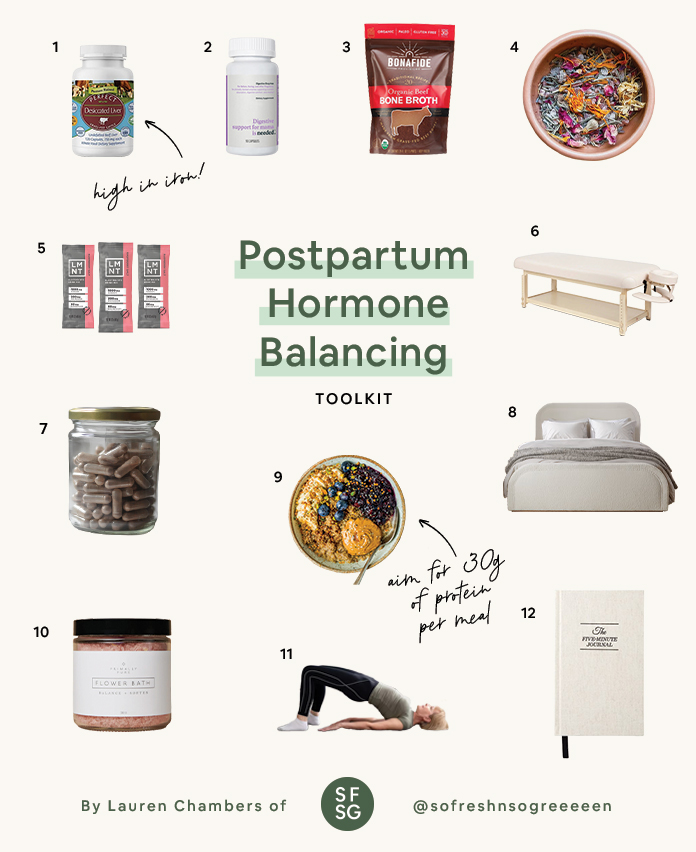
If you loved that...
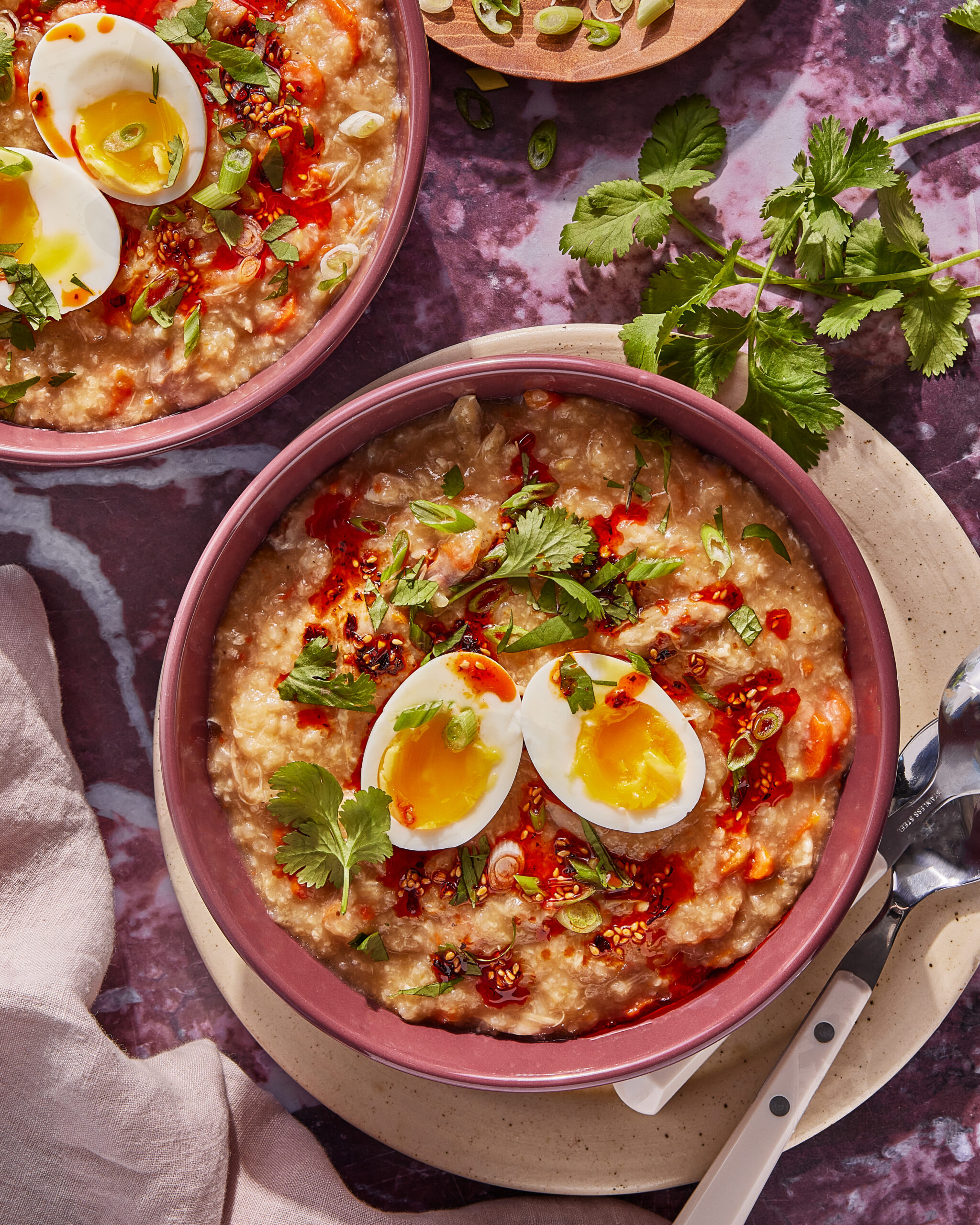
01.

02.
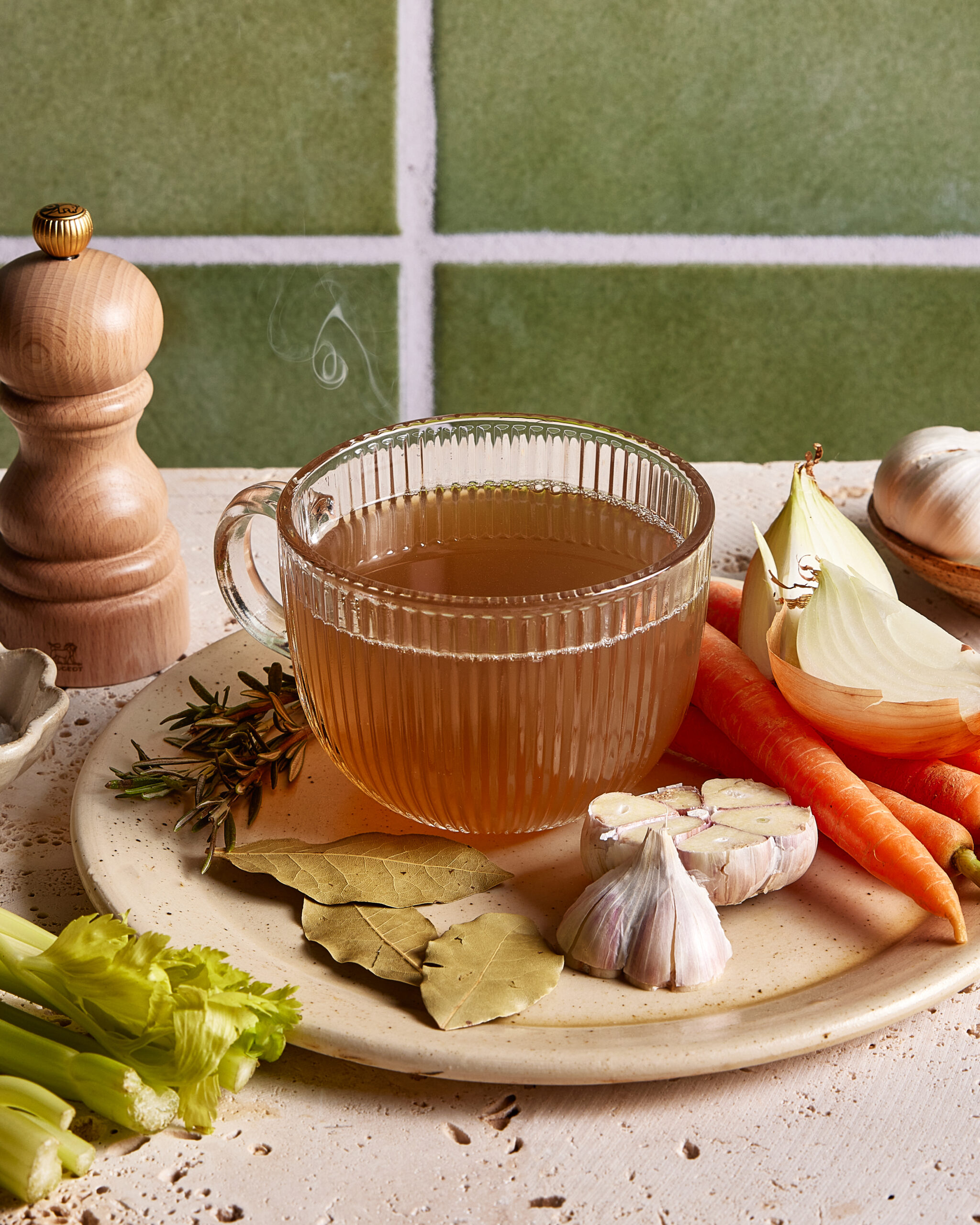
03.

04.
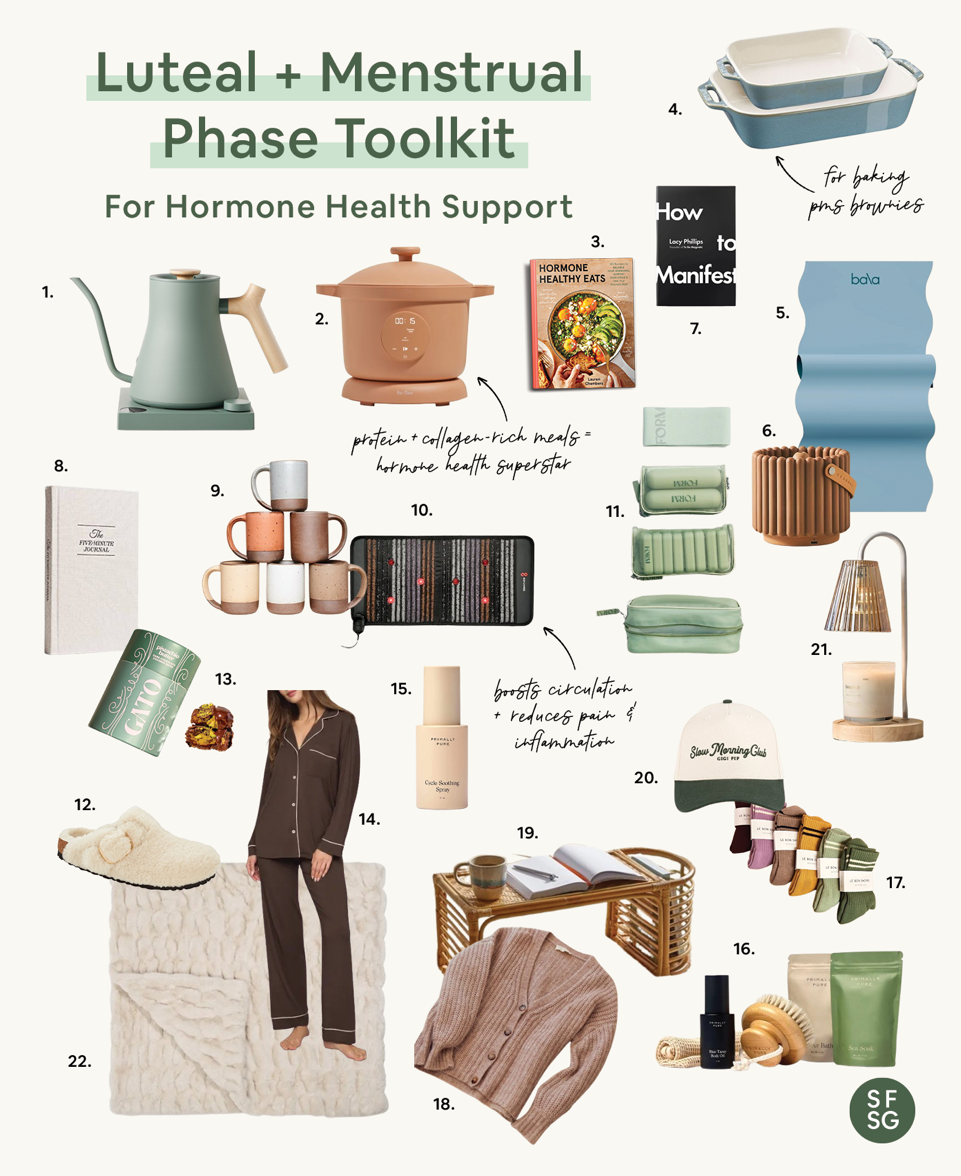
05.
hey!
Keep Browsing
Site
Keep Browsing
Site
the
about
e-books
blog
downloads
quiz
Welcome friend, I'm lauren.
I’m honored to support you on your journey to optimal hormone health + happiness. Thanks for being here babe.

